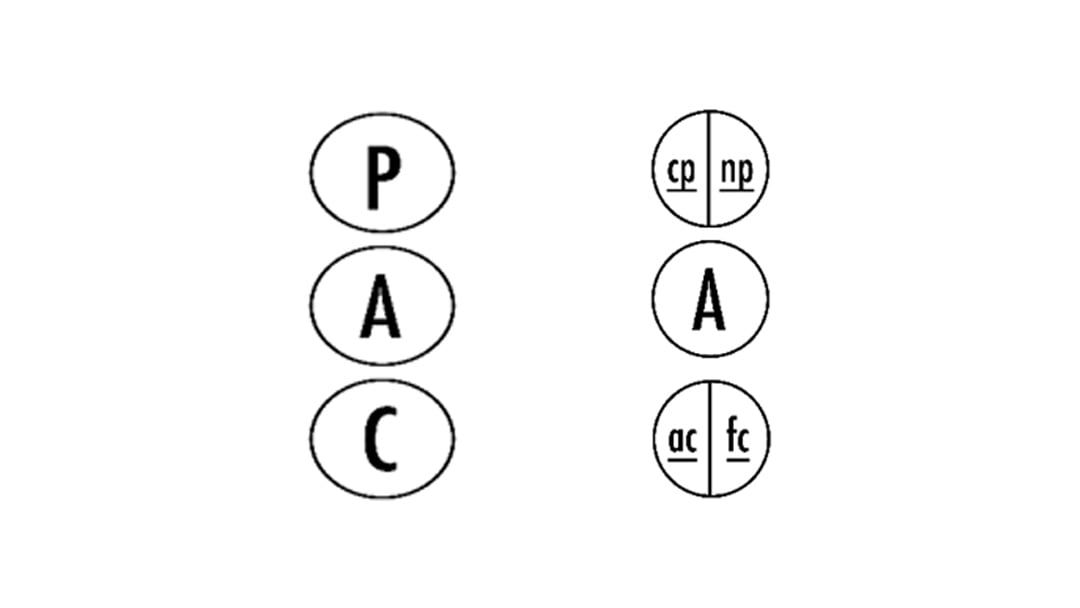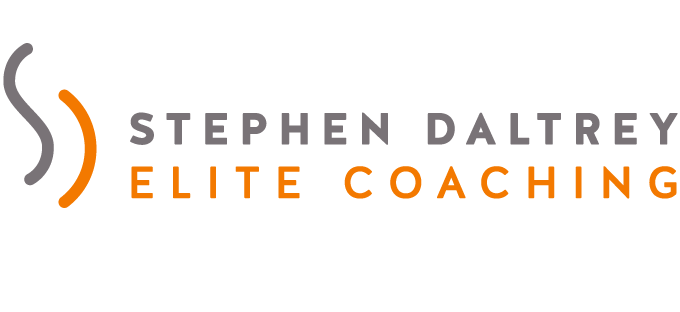 https://www.stephendaltrey.com/wp-content/uploads/2024/05/typewriter_1500x1000.jpg
1000
1500
16kadmin23
https://www.stephendaltrey.com/wp-content/uploads/2022/08/StephenDaltrey_logo_2_680x312.png
16kadmin232024-05-03 13:06:442024-05-03 13:29:11Transforming Leadership Series #6 – Words Matter
https://www.stephendaltrey.com/wp-content/uploads/2024/05/typewriter_1500x1000.jpg
1000
1500
16kadmin23
https://www.stephendaltrey.com/wp-content/uploads/2022/08/StephenDaltrey_logo_2_680x312.png
16kadmin232024-05-03 13:06:442024-05-03 13:29:11Transforming Leadership Series #6 – Words Matter
Transforming Leadership Series #6
Words Matter
We’re collectively creating a new leadership language right now, using the power of words to inspire, unite and drive positive change in our organisations. Here are some small but powerful changes you can make immediately to great effect.
I’ll begin with a word that you may find controversial in the context of leadership. The word is ‘I’. Having coached hundreds of leaders worldwide, I’ve noticed that, when talking about themselves, approximately 80% of my clients will speak in the third person. Only last week a client told me: “you get challenged”, “you struggle to find the way forward”, “you want to do the right thing”. When I pointed out their use of the third person and invited them to rephrase the statements to own their language and themselves, they were surprised at how vulnerable it made them feel and how wedded they were to third-party language.
This small but powerful change enables a leader to increase their presence, impact and authority. It builds trust with a team because the leader owns their statements and reinforces authentic leadership. Who wants to follow a leader that doesn’t appear to be willing to back up and own their leadership decisions?
Of course, when genuinely discussing the collective, it’s important to use ‘We’ to keep the team together.
Building on the theme of leadership language, Transactional Analysis (TA) is a useful way to understand and analyse interactions and communication (transactions) between people.
I’ve worked with many clients in challenging, high-pressure situations who want to learn how to change the attitudes of people they are communicating with. My response is always the same: the only person in the world you can change is yourself. In a coaching session, I will ask my client to identify their own part in any difficulties since both people contribute to the overall experience. Using TA principles helps you to identify what’s really happening when things start going wrong. This understanding enables you to make immediate changes and improve the communication between you and the other person.
Have you ever had the experience where you’ve thought, ‘Oh, I’m beginning to sound like my mum/dad?’ A core principle of TA is that the way we react today to people or situations is based in our childhood; how we experienced our parents or primary caregivers and the multitude of ideas, beliefs and behaviours we naturally absorbed from them.
Ego states
TA is built on the premise that we each have three ‘ego states’: Parent, Adult, Child. An ‘ego state’ is simply a consistent pattern of behaviours, thoughts and feelings that we exhibit when we respond from each of those three different positions. Let’s take a look…

Parent (P) – (Values) a state in which you react to a person or situation in the way that your parents, or significant others, did to you when you were a child. The parent state is essentially about rules, and you might recognise being in a Parent state if you find yourself blaming, criticising or continually needing to prove a point.
The Parent ego state is rooted in the past, and two types of Parent can manifest, depending on your life experience:
- (CP) Critical Parent – Controlling, critical, negative, dominant, where the aim is to control the child’s behaviour. The child’s response to this is to either adapt and be compliant/pleasing or to rebel.
- (NP) Nurturing Parent – Caring, sympathetic, protective, non-judgmental, where the aim is to create a safe space for a child to grow and flourish.
Leaders-as-coaches need to be particularly aware of the pitfalls of operating from the Parent.
Adult (A) – (Assertiveness) Leaders need to use assertive language to build trust. The Adult state is where you react to a person or situation in the present (the ‘here and now’). Your decisions and views are based on your own life experience, logic, and reality, rather than your parents’ influence. You are therefore more comfortable in your own skin and operate assertively in the world. Your Adult also balances the inputs from the Child and Parent to identify the best decisions for you.
Your Adult is the ideal place to operate from in the world, and the goal should be to continually strengthen your Adult. Using coaching techniques with your teams is a great way to grow their Adult and leads to assertive communication and enhanced relationships.
Child (C) – (Emotions and creativity) This is where you react as you did as a child, from a more emotional base. Two types of Child can manifest, depending on your life experience.
- (AC) Adapted Child – Restrained (as if a parent is watching you), sad, anxious; you will either try to fit in by being a ‘pleaser’ or be rebellious. This is the more challenging aspect of our personality.
- (FC) Free Child – Spontaneous, expressive with laughter or free to show anger, sadness, or frustration. This style can be mixed with both naivety and vulnerability, as well as curiosity and adventurousness.
Here are some ways to use Transactional Analysis for your own benefit and those around you:
Stay in your Adult. As explained, this is your ‘Here and Now’ view of the world based on your own experience, uninfluenced by the past. Recognise and halt any pull towards your Critical Parent or Rebellious Child. Connecting to your Adult is more likely to encourage the other person to operate from their Adult too, potentially enabling a more positive outcome. Naturally, receiving coaching yourself will also accelerate the process.
Notice. Clients often ask me for ‘homework’ after their first coaching session, so I suggest that before the next session they pay close attention to their inner and outer responses to the world. I invite you to do the same and notice or keep a log of when you are in Critical or Nurturing Parent, Adult, or Adapted or Free Child mode. What was it about the other person’s response that led to that reaction? Which of your ‘hot buttons’ might have been pushed? Where do you operate from most of the time? How could you achieve more balance?
Leadership Coaching. This can provide greater support for your teams to grow their Adult ego state and operate from there more frequently. Apply the following summary points to make an immediate difference:
- Own your language: use ‘I’ instead of the third person.
- Be aware of staying in your Adult ego state: uur Adult is continually updating based on our life experience, and coaching can update our Parent and Child ego states as well.
- Support the growth of your team: a recent client said to me, ‘I was about to do X when I heard your voice inviting me to do Y,’ (I’d given them permission to stop working so hard and build some fun into their lives (Free Child)). Spending time with positive people can replace and update some of our past unhelpful Parent and Child inputs. Operating as leader-as-coach will support their growth and ability to operate more effectively in the world.
LATEST ARTICLES
- Transforming Leadership Series #6 – Words Matter
- Transforming Leadership Series #5 – Inspiring Diverse Workforces
- Transforming Leadership Series #4 – 5 Ways for Leaders and Managers to become Effective Coaches
- Transforming Leadership Series #3 – Inspiring Leaders to Invest in Personal Skill Development
- Transforming Leadership Series #2 – Essential skills for leaders to excel as coaches
- Transforming Leadership Series #1 – Transforming from ‘Leader as Manager’ to ‘Leader as Coach’
- Wealth Psychology in the music & creative industries
- The Wisdom Of Resistance: Why Not Keeping New Years Resolutions Can Be Good For You
LATEST ARTICLES
 https://www.stephendaltrey.com/wp-content/uploads/2024/05/typewriter_1500x1000.jpg
1000
1500
16kadmin23
https://www.stephendaltrey.com/wp-content/uploads/2022/08/StephenDaltrey_logo_2_680x312.png
16kadmin232024-05-03 13:06:442024-05-03 13:29:11Transforming Leadership Series #6 – Words Matter
https://www.stephendaltrey.com/wp-content/uploads/2024/05/typewriter_1500x1000.jpg
1000
1500
16kadmin23
https://www.stephendaltrey.com/wp-content/uploads/2022/08/StephenDaltrey_logo_2_680x312.png
16kadmin232024-05-03 13:06:442024-05-03 13:29:11Transforming Leadership Series #6 – Words Matter
Transforming Leadership Series #5 – Inspiring Diverse Workforces







Leave a Reply
Want to join the discussion?Feel free to contribute!